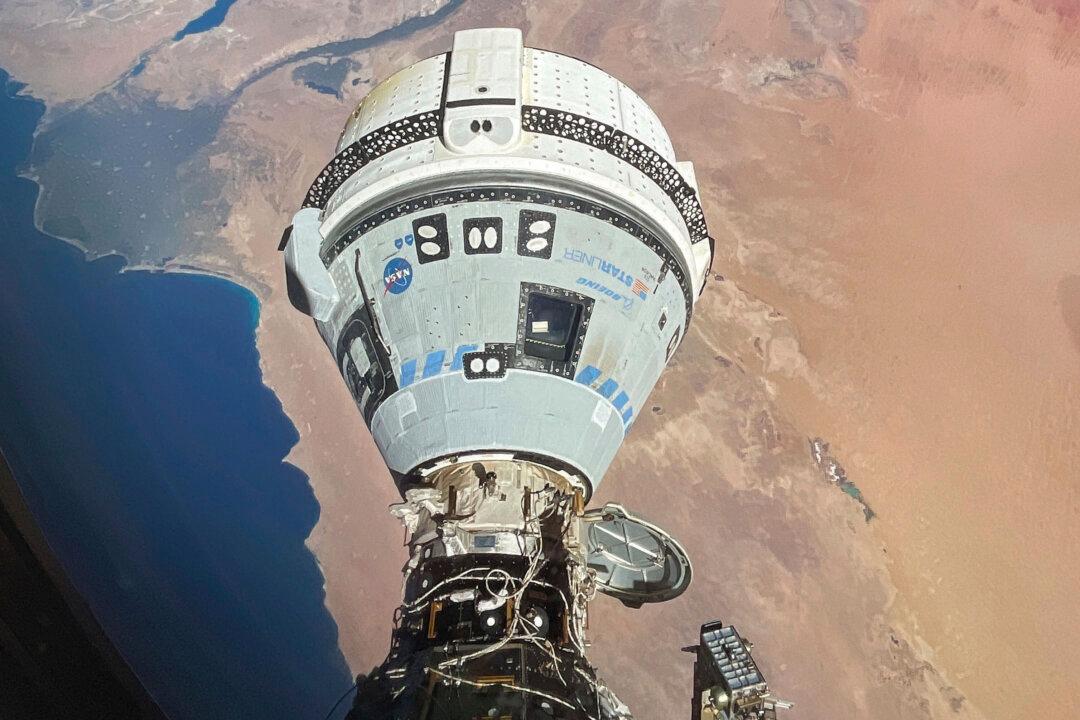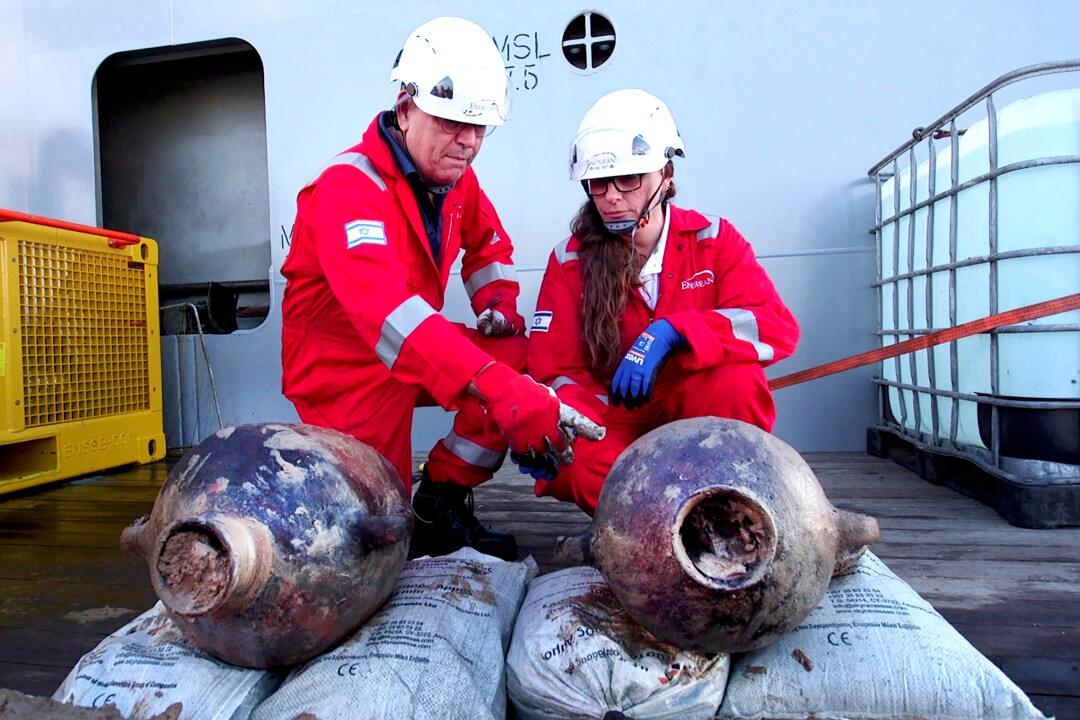Nike Inc. was affected by higher costs worldwide and had lower-than-expected profits in its fourth quarter results released last week, leading to a decline in its share price.
Although the company’s sales were stable, its profits were hit by inflation, leading to a 3 percent decrease in its share price, Yahoo Finance reported.





